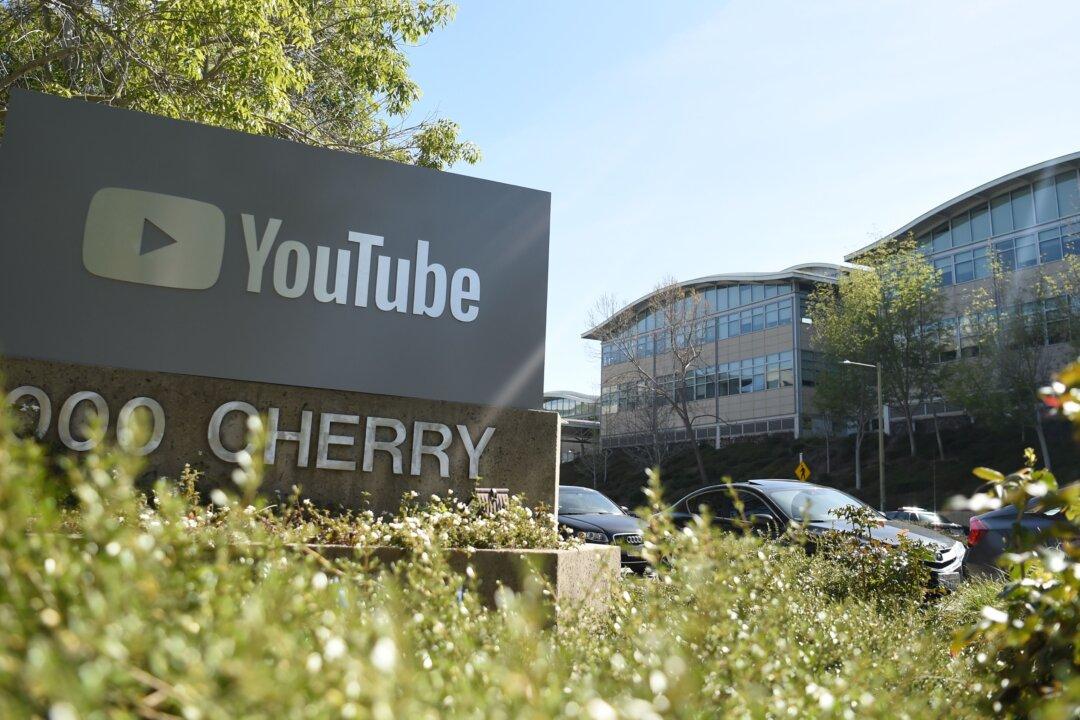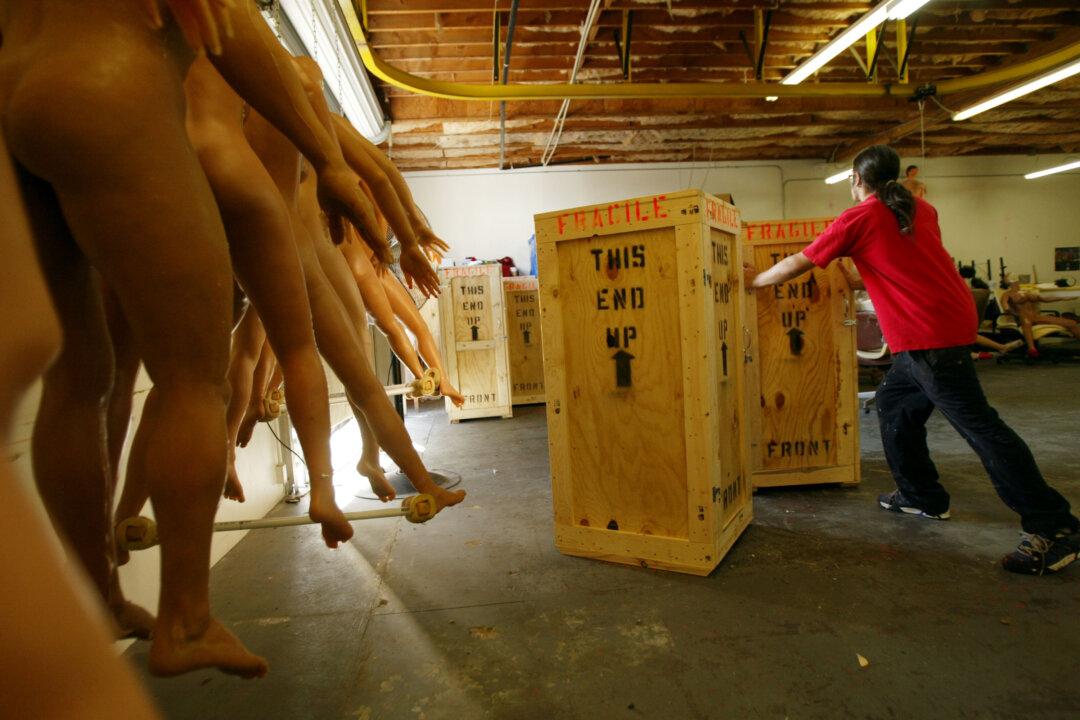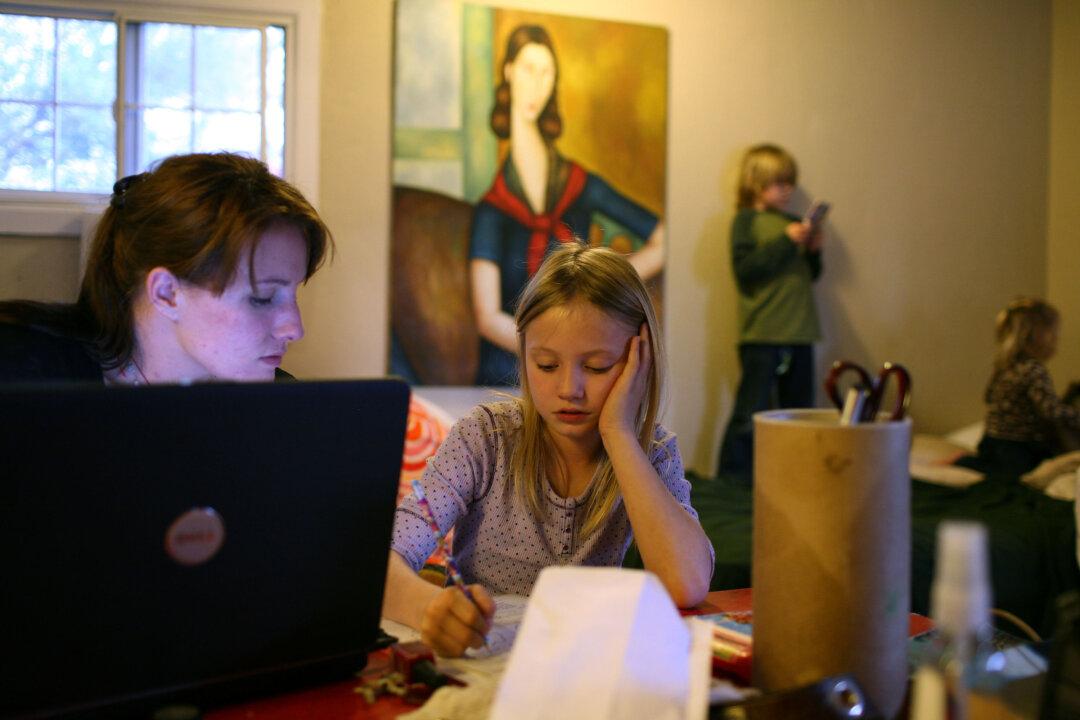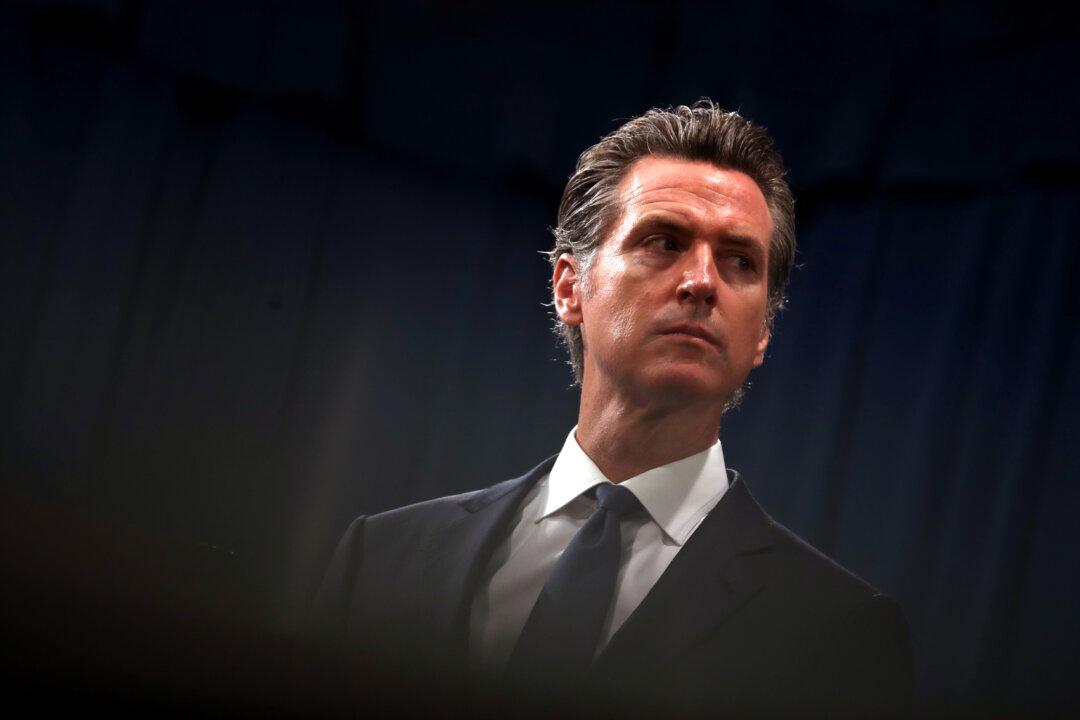In the midst of a longstanding dispute, Prager University, a conservative non-profit organization that makes videos on political, economic, and philosophical topics aimed at high school and college students, will face Google-owned YouTube in court on Oct. 25.
Co-founded by radio talk show host and writer Dennis Prager, PragerU claims that its free speech rights are being violated by YouTube, with more than 200 of their videos age-restricted by the video sharing service.





